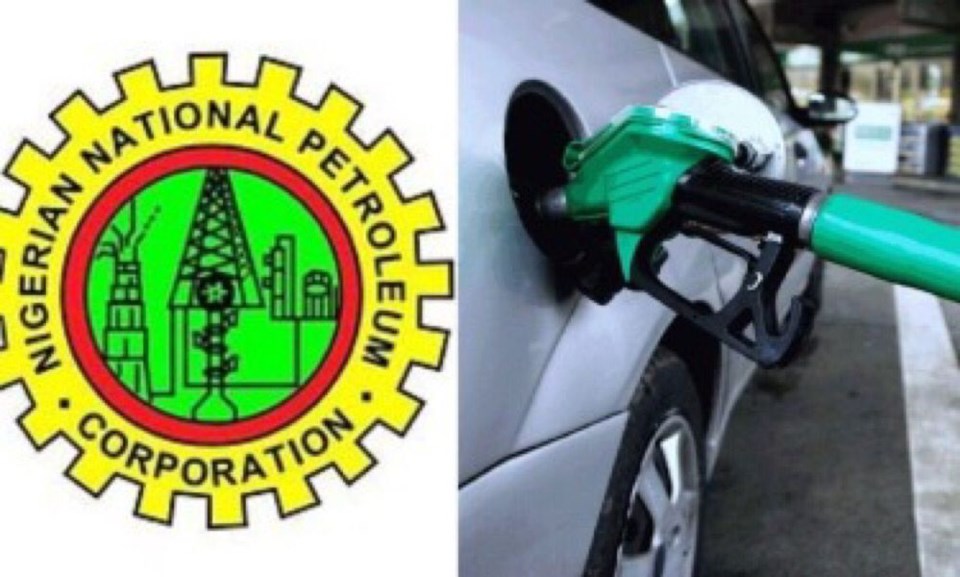THE Nigerian National Petroleum Company Limited (NNPCL) has declared a state of emergency on crude oil production.
According to NNPCL, this is a move towards increasing Nigeria’s crude oil production and growing its reserves.
According to media reports, this development was contained in a statement by the Chief Corporate Communications Officer of NNPCL, Olufemi O. Soneye.
The statement read: “In a move towards increasing Nigeria’s crude oil production and growing its reserves, NNPC Ltd has declared a state of emergency on production in Nigeria’s oil and gas industry.
“Group Chief Executive Officer of NNPC Ltd, Mr Mele Kyari, disclosed this in a keynote address at the opening ceremony of the 23rd edition of the Nigeria Oil & Gas Conference and Exhibition (NOG Energy Week) in Abuja.
“We have decided to stop the debate. We have declared war on the challenges affecting our crude oil production. War means war. We have the right tools. We know what to fight. We know what we have to do at the level of assets. We have engaged our partners. And we will work together to improve the situation,’ the GCEO declared.
“According to him, a detailed analysis of assets revealed that Nigeria can conveniently produce two million barrels of crude oil per day without deploying new rigs, but the major impediment to achieving that remains the inability of players to act in a timely manner.
“He said the ‘war’ will help NNPC Ltd. and its partners to speedily clear all identified obstacles to effective and efficient production such as delays in procurement processes, which have become a challenge in the industry.”
On medium to long-term measures aimed at boosting and sustaining production, Kyari said NNPCL would replace all the old crude oil pipelines built over four decades ago and also introduce a rig-sharing programme with its partners to ensure that production rigs stay in the country for between four and five years, which is the standard practice in most climes.
He called on all players in the industry to collaborate towards reducing the cost of production and boosting production to target levels.



